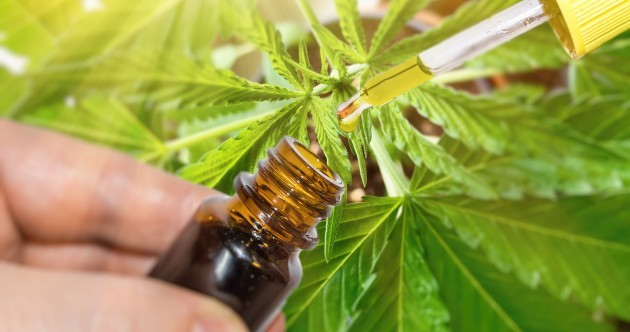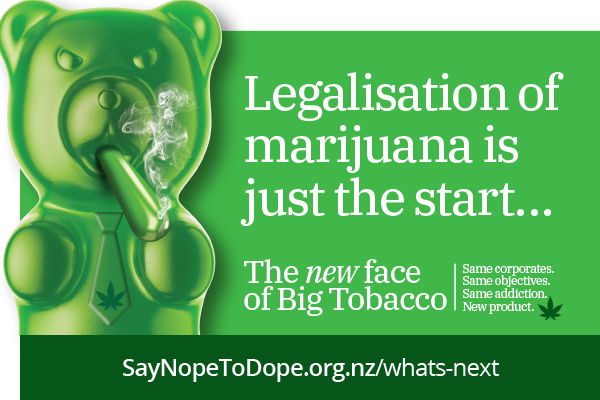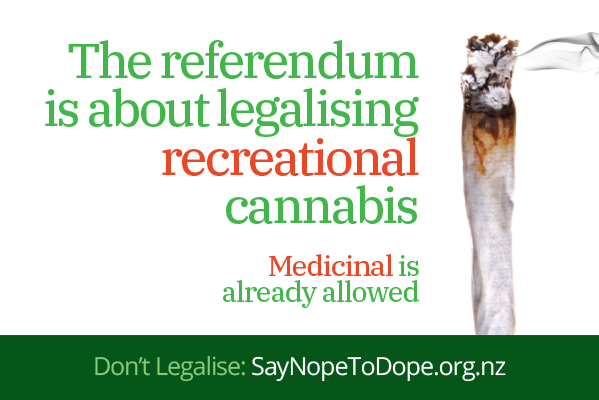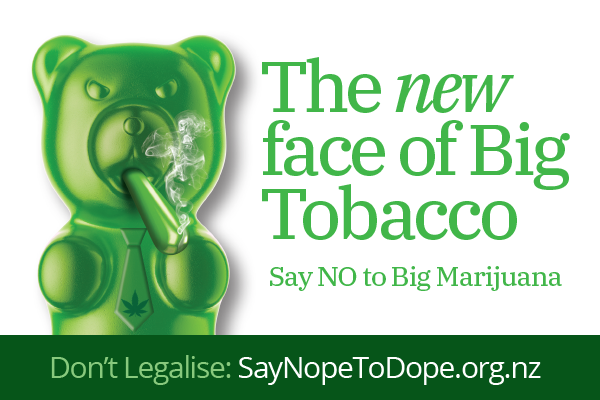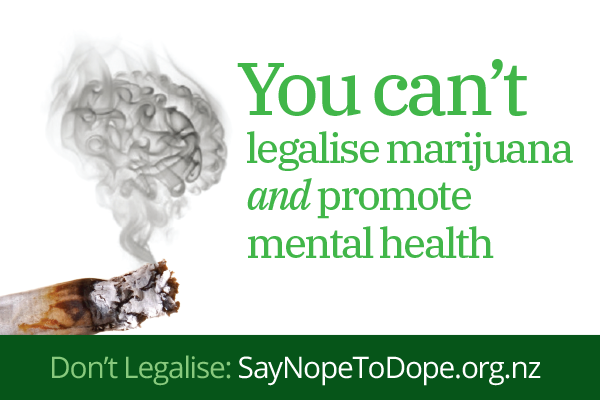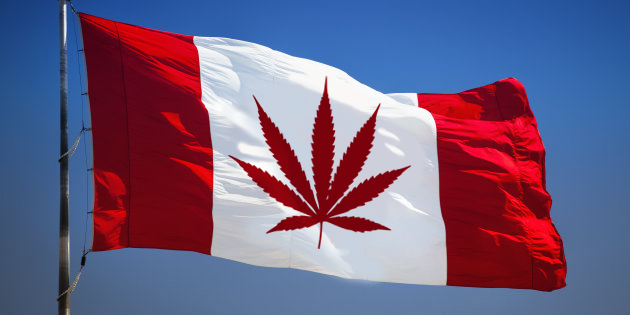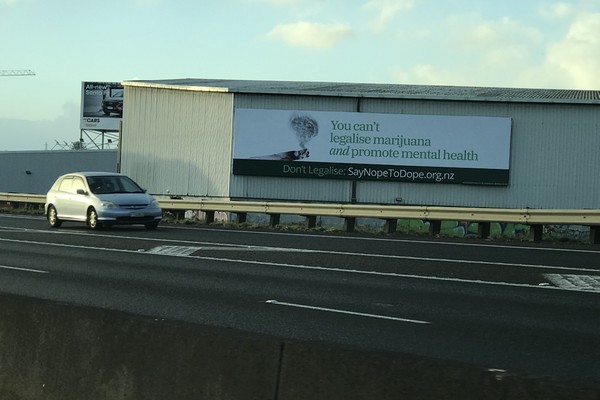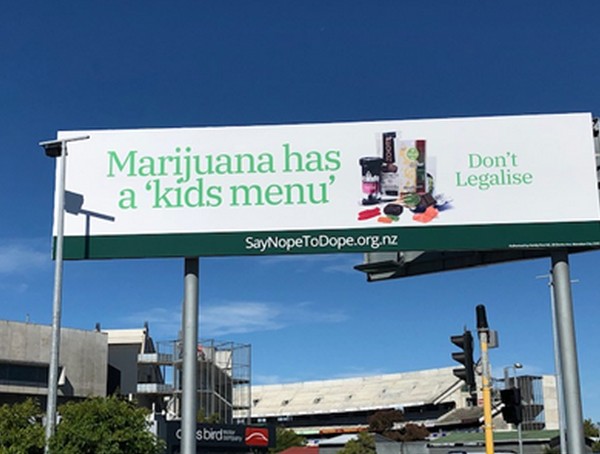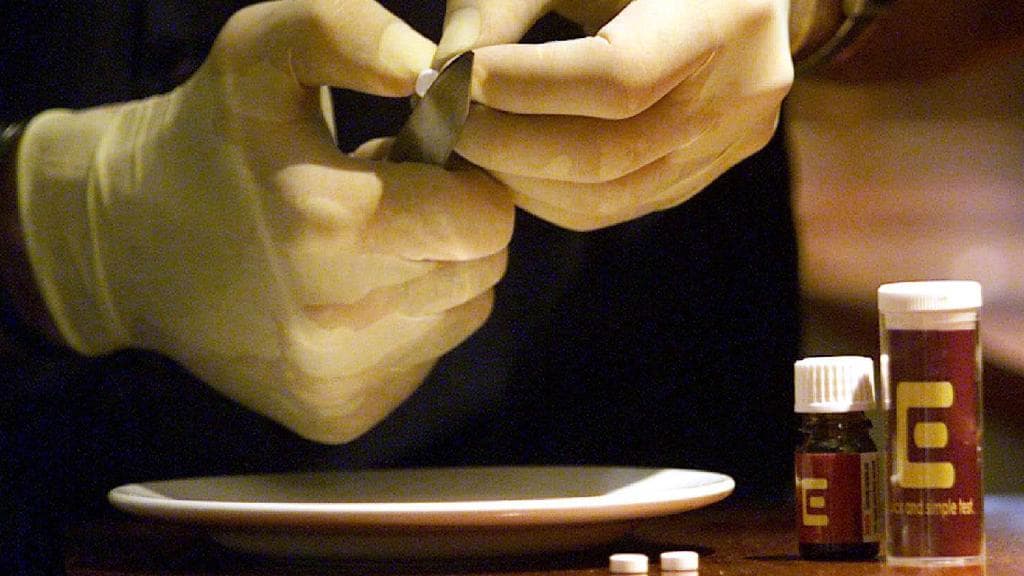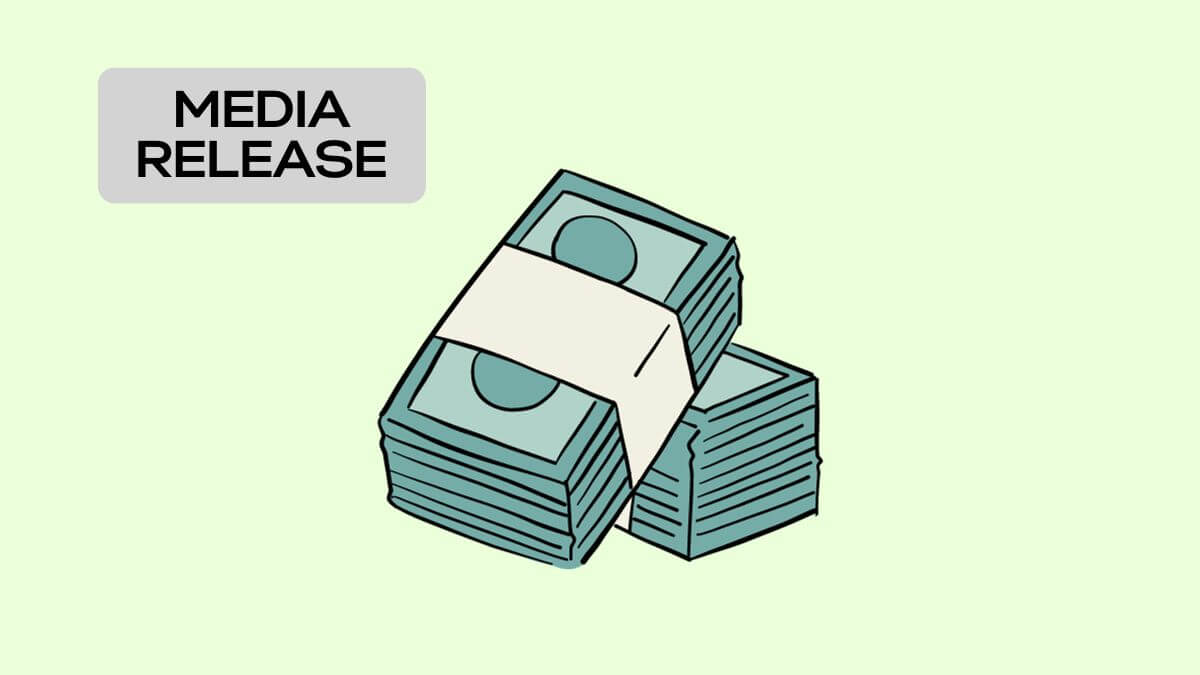
Media Release 30 June 2020
New Zealand’s Vote No campaign is rubbishing claims that the Vote NO campaign is being bankrolled by or controlled by US organisations.
“An alliance of community organisations and leaders (including ex-addicts, educators, ex-police, addiction counsellors, health professionals and community workers) have joined together to form Smart Approaches To Marijuana NZ (SAM-NZ), and will work together to oppose any attempt to legalise cannabis in New Zealand in the upcoming referendum. We’re pleased to have such a wide-ranging group of organisations and experts from all areas of society to come together to argue against legalising the recreational use of cannabis, based on reputable science and sound principles of public health and safety,” says spokesperson Aaron Ironside.
“Yes, the coalition is drawing on research and resources from prominent US group SAM which is led by Dr Kevin Sabet, a former advisor to three U.S. presidential administrations (Clinton, Bush and Obama Administrations) – the only drug policy staffer to have ever served as a political appointee in a Democrat and Republican administration.”
“SAM’s Staff and Science Advisory Board is composed of world-recognised experts in research, addiction, and treatment who work tirelessly to advance public health and safety, and stand up to a powerful marijuana industry.”
“However, we reiterate that SAM in the US are not telling our coalition how to run our campaign, and have not contributed one cent to it.”
“What we are doing is drawing on the expertise and experience of a group that has watched the outcomes of legalisation in many US states. This is no different to groups like the Drug Foundation inviting people like Deborah Small, executive director of Break the Chains (USA), and US activist & author asha bandele (shown right) – both who attended a symposium attended by Andrew Little and Chlose Swarbrick in the Parliament buildings.”
SAM-NZ
(Smart Approaches To Marijuana NZ)
Aaron Ironside Spokesperson: SAM-NZ
Pat Buckley Amped4Life Trust
Shk Shaakir Ismail New Zealand Muslim Association
Pat Walsh Secondary School Principal, former head of a Principal’s Ass’n
Rev Pane Kawhia Anglican Minister, Ruatoria
Christine Rankin Transforming Justice Foundation
Dr Ate Moala PACYFIC Trust
Vic Tamati Community Worker
Mo McLeary Drug Free Ambassadors
Dr Andreas Leinfellner Paediatrician.
Kirk Hardy The Drug Detection Agency
Alli Axford Drug Free World
Mazin Al-Salim Working Together Group (WTG)
Sully Pa’ea Community Worker – South Auckland
Maureen MacDonald Drug-ARM Wellington
Wayne Mulqueen Focus on the Family NZ
Jess McVicar Sensible Sentencing Trust
Dave Pizzini Ex-Police (Detective Senior Sergeant)
Bob McCoskrie Family First NZ
Darryl Wesley Health Professional
Stuart Caldwell Get Smart (Tauranga)
Brendon Warne Anti-P Ministries
Alan Vink LeadershipWorx
Dale Kirk Methcon
Stuart Lange NZ Christian Network
Nick Tuitasi QSM Pacific Wave
John Subritzky Promise Keepers
Rob Nordstrom Rubicon Alcohol & Other Drug
Gaylene Fraser Drug Free World
Karrin Coates Sensible Sentencing Group Trust
Greer Keane Te Ata Rangi Rangatahi
Glenn Dobson International Board Member – National Drug and Alcohol
Screening Association (NDASA)
Gayann Phillips NZ Christian Network
Christina Stroud World Federation Against Drugs
Ismail Waja Working Together Group (WTG)
Bruce Couper Ex-Police
Phil Paikea Community Worker
Trevor Turner Drug Free World
Imraan Ali New Zealand Muslim Association
Ronji Tanielu Community Worker
Allan Va’a Community Worker – South Auckland
Bev Adair-Beets Youth Advocate
Piripi Rakete Drug Free World
Dr Kevin Sabet SAM (Smart Approaches to Marijuana)
Luke Niforatos SAM (Smart Approaches to Marijuana)
